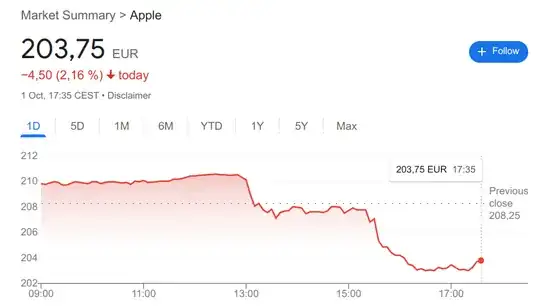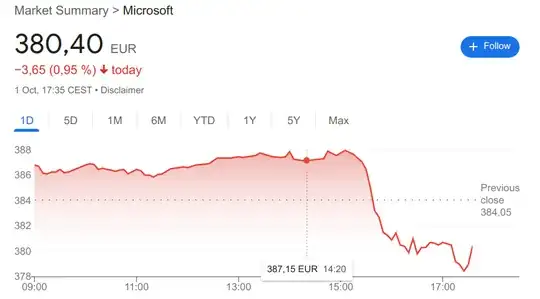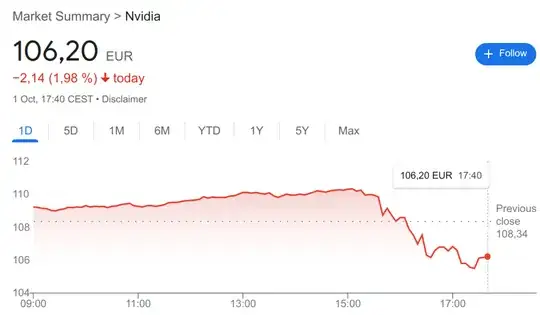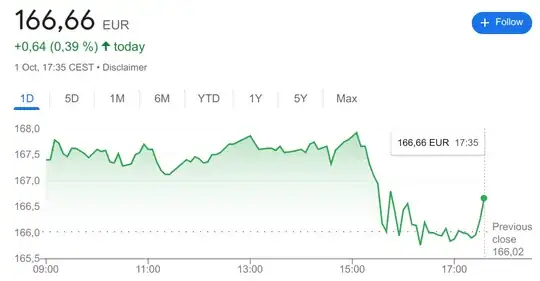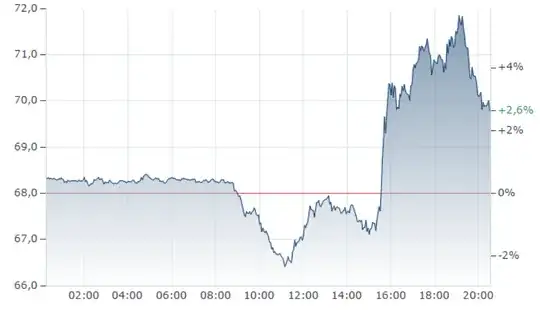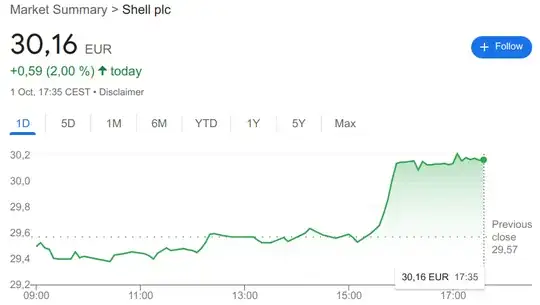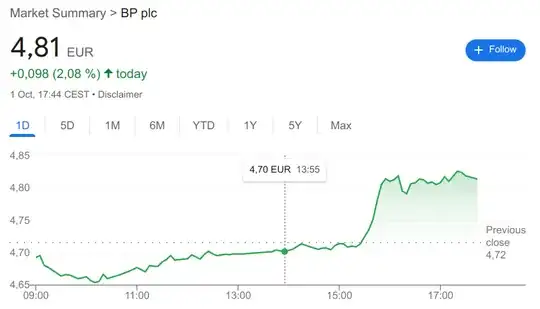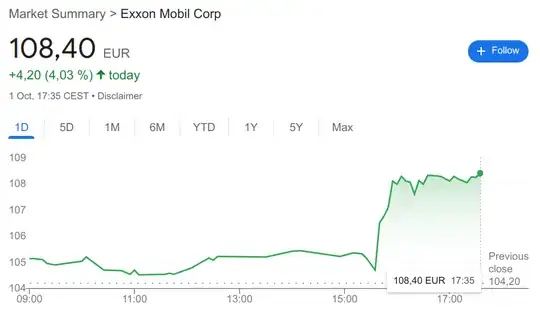To answer the question stated, "Why do tech stocks seem to react to oil news?".
The general reason is that humans, analysed as classification algorithms, have low precision when it comes to detecting patterns. That is to say, lots of false positives. So, the reason that tech stocks seem to react to oil news, is that you were looking for relations and you accidentally cherry-picked some data. A less proximate possible reason is that, averaged over the past few million years, it's much more costly for apes to miss a lion in the long grass than it is to imagine a lion that isn't there. So, given that we can't be 100% accurate, humans benefited from imagining a lot of lions that turn out to be nothing (and, one assumes, even those of us who don't live in lion-infested grass continue to benefit from high recall in other pattern-detection tasks, even at the cost of low precision).
Now, it may or may not be the case that tech stocks actually do react to oil news. That is barely relevant to whether they seemed to, to you, on a particular afternoon in October! To get an answer more specific to you, you could look into questions like, "does this hypothesis appeal to me because it has a plausible mechanism that could support it?", "does this appeal to me because it confirms some other belief I have (confirmation bias), or some other cognitive bias?", "why did I even hypothesise that tech stocks react to oil news, whereas oil news reacting to tech stocks is absurd -- that is what's the framework in which I'm making these hypotheses?".
But I'm just having a bit of fun, since I expect the question you want answered is, "Do tech stocks react to oil news?". I don't know the answer to that.
